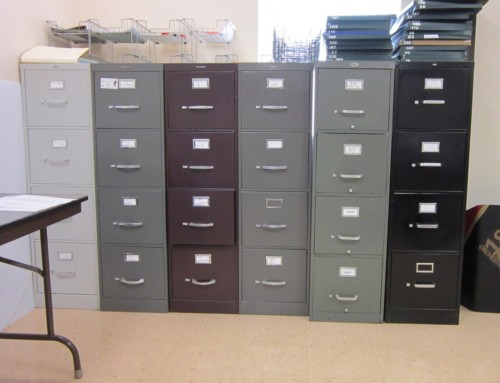
Guava fruits are juicy and the seeds are can resist digestion. Image credit plantvillage.org
ZIMSEC O Level Combined Science Notes: Reproduction in plants: Reproduction in Plants:The dispersal of plant seeds
- The ovary may also become fleshy and juicy and as thus can be eaten by animals
- The seeds are then passed out in the animal’s faeces
- The fruit may also develop wings or hairs so that it can be carried by the wind
- other fruits become dry and explode thus casting their seeds some distance from the parent plant
- The way in which plants have adapted to disperse their seed can thus be divided into four:
1 Wind dispersal

Dandelions floating in the wind. Image credit dandeliondelight.com
- For example plants like dandelions have parachute shaped seeds, sycamore seeds have “wings”, these seeds/fruit are light making it easy for them to be carried away by wind.
2 Animal dispersal
- These plants have fruits that are juicy and eaten by animals, the seeds are usually protected by hard outer layers which resist digestion and are later on passed out with feces for example guavas

Black Jack plants have hooks. Image credit fotothing.com
- Some like black jack have barbs and hooks that allow them to stick to animal fir and thus be carried away.
3. Explosion

Jacaranda seed pod. Image credit MediaWiki
Some float explode and disperse the seeds for example Msasa and Jacaranda trees
4 Water dispersal

Floating coconut. Image credit motoringacrossamerica.com
- For example coconuts float away in water for hundreds of kilometers.
- Mangroves are another example of water dispersal plants.
To access more topics go to the Combined Science Notes page.







